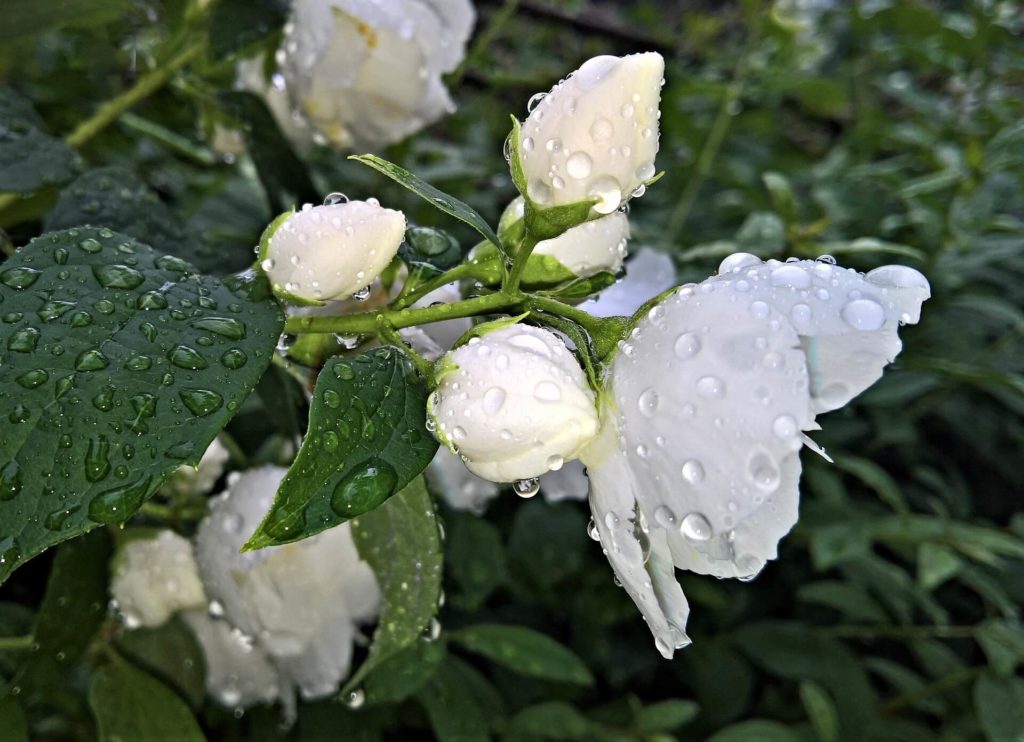The Cherokee say,
“When you were born,
you cried and the world rejoiced.
Live your life so that when you die,
the world cries and you rejoice.”
Busy! It is the end of the school year and report cards are due; the end of a season and my classes at the institute are drawing to a close; and a number of major projects have looming deadlines. So much to get done before I travel!
My mind was running over the day’s agenda as I was leaving the third appointment of the day. My friend handed me her iPhone, “Have you seen this?” she asked me.
I held in my hand a picture of one of the most beautiful, joyful expressions I’ve ever seen in my life. With eyes squinted in welcome, lips pursed in a smile of joy, and cheeks crinkled with happy lines of a lifetime – the face said, “Finally!” It said, “I’ve missed you.” It said, “Oh! How I’ve longed to see you – and look! You are right here!” I could hear the joy in the voice that was to come from that expression. Little gurgles of bubbling jubilation and murmurs of content bounced off the picture and into my consciousness. I smelled flowers. Not roses – no, not the scent of heavy perfume – but jasmine and honeysuckle surrounded me as I imagined they surrounded him.
The picture jolted me out of my reverie of ‘busy’ and brought me into the present. “How beautiful!” I said. My friend said, “Yes, that is Sheikh al Kurdi (the sheikh of Quran that handed out thousands of ijāzahs over the past twenty years). The picture was taken right after his death.”
Right after his death? I looked again. This was indeed extraordinary. I have heard tell of smiles on the faces of the dead; pleasant looks, fingers that stood up in attestation to the oneness of God… but this was something else. His face shone. His face radiated light and gladness. Ma shā’ Allah.
Our Prophet (s) says, “… When a believer nears death, an angel comes to him from Allah (SWT) bearing glad tidings of what awaits him – and there is nothing more beloved to him than that he will meet his Lord – and Allah loves to meet him…”1
Husn al khitām. (an ending that is good). This is the goal of all Muslims. We all want to meet Allah (SWT) with our prayers prayed, our fasts fasted, and our deeds good and plentiful. God forbid that we die on a day of a missed prayer, a day of a lie, a day of sin. We want to die with our mothers, fathers, spouses and teachers pleased with us. When we die, we do not want anyone’s heart to be heavy toward us. We want to end this ultimate test with an excellent grade – we want to go to God pleased and having pleased.
I have a theory. As I look at how many ‘endings’ we have in life – end of the school year, end of a season, end of an era, end of a project, end of a book, end of a meal, end of Ramadan, end of Hajj, end of… I begin to see them all as practice and pattern building. In one way or another, life is a series of projects. We must continuously and intentionally complete each project at the top of our game.
If we wish to have husn al khitām, we need to perfect our daily, weekly, yearly and seasonal endings. We must strive to complete projects; when changing jobs – we must complete the first one as though we were staying forever. Strive to end the school year strong, strive to do our best at the end. We must avoid ‘petering out’, stay away from despair, and never allow pessimism to make final decisions for us. My theory is that if we work hard to create husn al khitām in our daily lives that Allah U will bless us with it at the end of our lives.
The Prophet (s) 2 was asked by a man of the Ansār, “O Messenger of Allah, who of the believers is best?”
He answered, “He whose conduct is the best.”
The Ansari asked, “And who of the believers has the most intelligence?”
He said, “Who remembers death the most, and the one best prepared for it, they are the intelligent.”
The Prophet (s) said, “The intelligent one is he who holds himself to account, and works for that which is after death. And the decrepit is the one who follows the desires of his nafs and expects from Allah presumptive reward.”3
Muath b. Jabal (r) said, “O son if you pray then perform a prayer of one who is saying farewell, for you do not know if you will return to prayer again. Also understand dear son that a believer dies between two good deeds: The deed that he has performed and the deed that he has yet to perform.”
In preparation for husn al khitām, to prepare to meet our Beloved, indeed to prove our intelligence we need to think about a number of things. In the next few installments of this series of articles we will discuss three important areas of preparation for husn al khitam: debts and amānahs, conduct and behavior, and Quran. For now let us focus on the endings in our daily life.
End your days well – brush your teeth, pray ishā’ and witr, smile at your family members.
End your projects fully. Don’t leave incomplete craft projects lying around the house (if you are not going to do them – give them away to someone who will).
It is the end of the school year; study for your exams and hand in all your papers.
It is the end of spring – clean out the dust of winter; and give away the summer things that are no longer needed.
Practice your endings and perhaps Allah (SWT) will bless you, and all of us, with the best of the most important endings of all – husn al khitām.
Stay tuned for Part 2….
1 Ibn Hajar
2 Sunan Ibn Majah
3 Ibn Jawzi


And we all can ask the following dua:” Allahumma ahsin aaqibatanaa fil umoori kullihaa wa ajirnaa min khizyid dunyaa wa adhaabil aakhirah!”